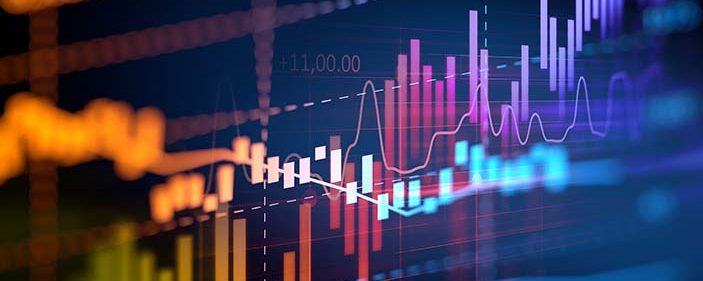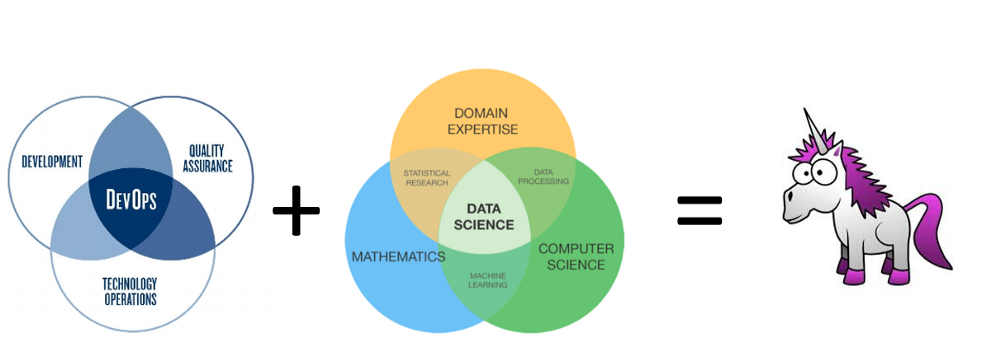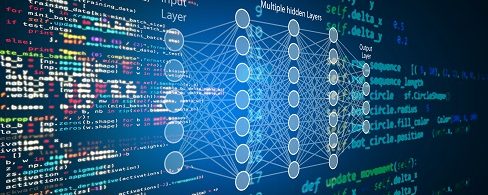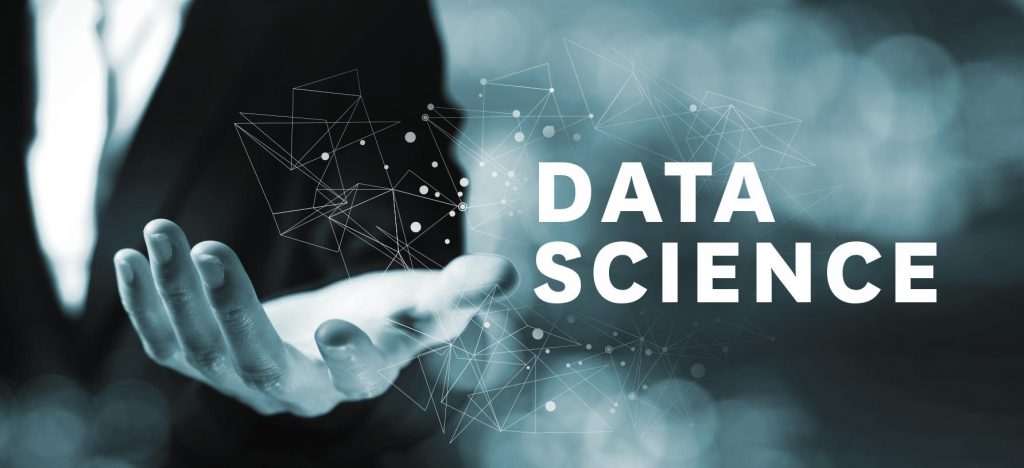
Understanding the fundamentals of statistics is a core capability for becoming a Data Scientist. Review these essential ideas that will be pervasive in your work and raise your expertise in the field.
Statistics is a form of mathematical analysis that uses quantified models and representations for a given set of experimental data or real-life studies. The main advantage of statistics is that information is presented in an easy way. Recently, I reviewed all the statistics materials and organized the 8 basic statistics concepts for becoming a data scientist!
- Understand the Type of Analytics
- Probability
- Central Tendency
- Variability
- Relationship Between Variables
- Probability Distribution
- Hypothesis Testing and Statistical Significance
- Regression


